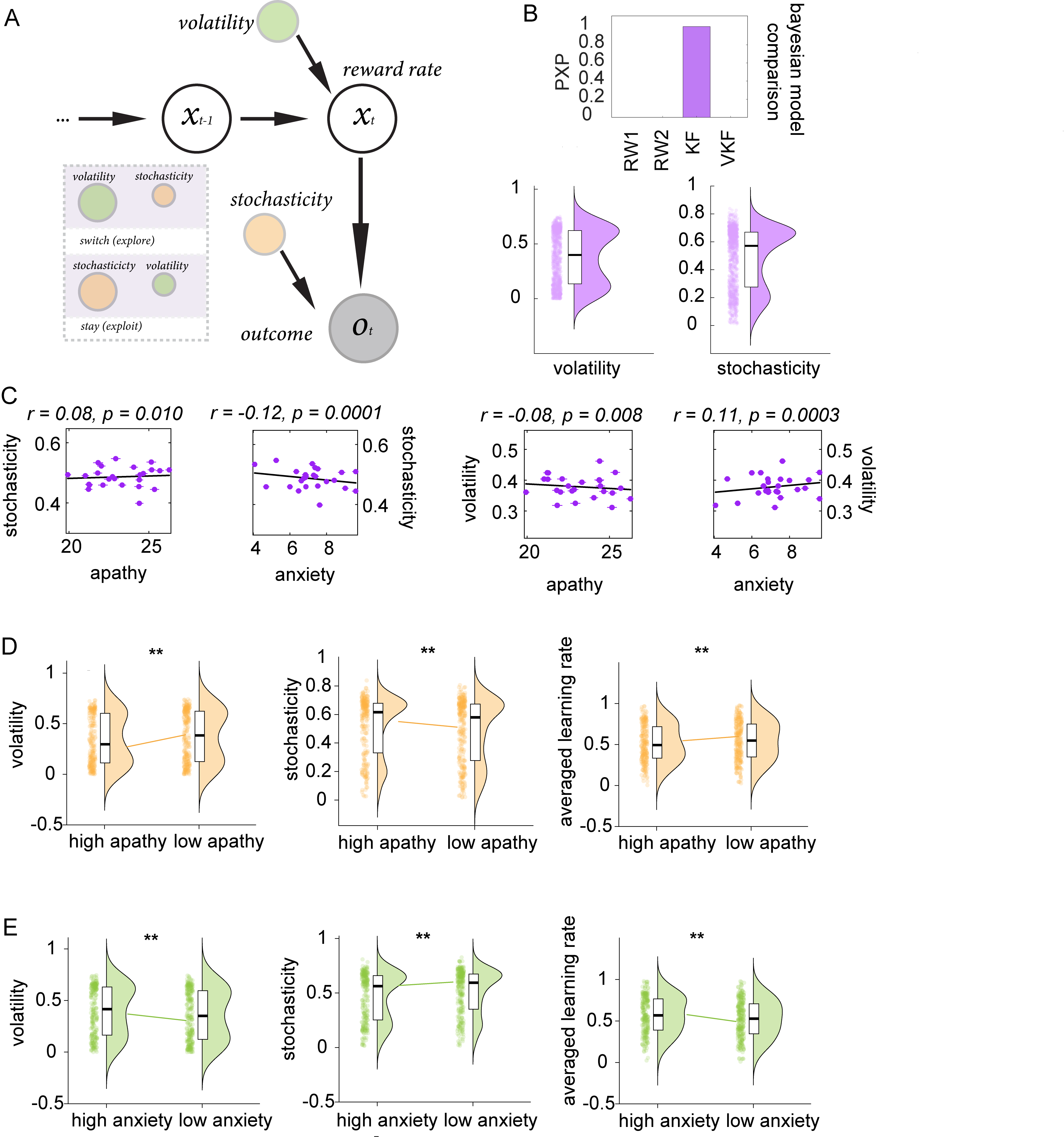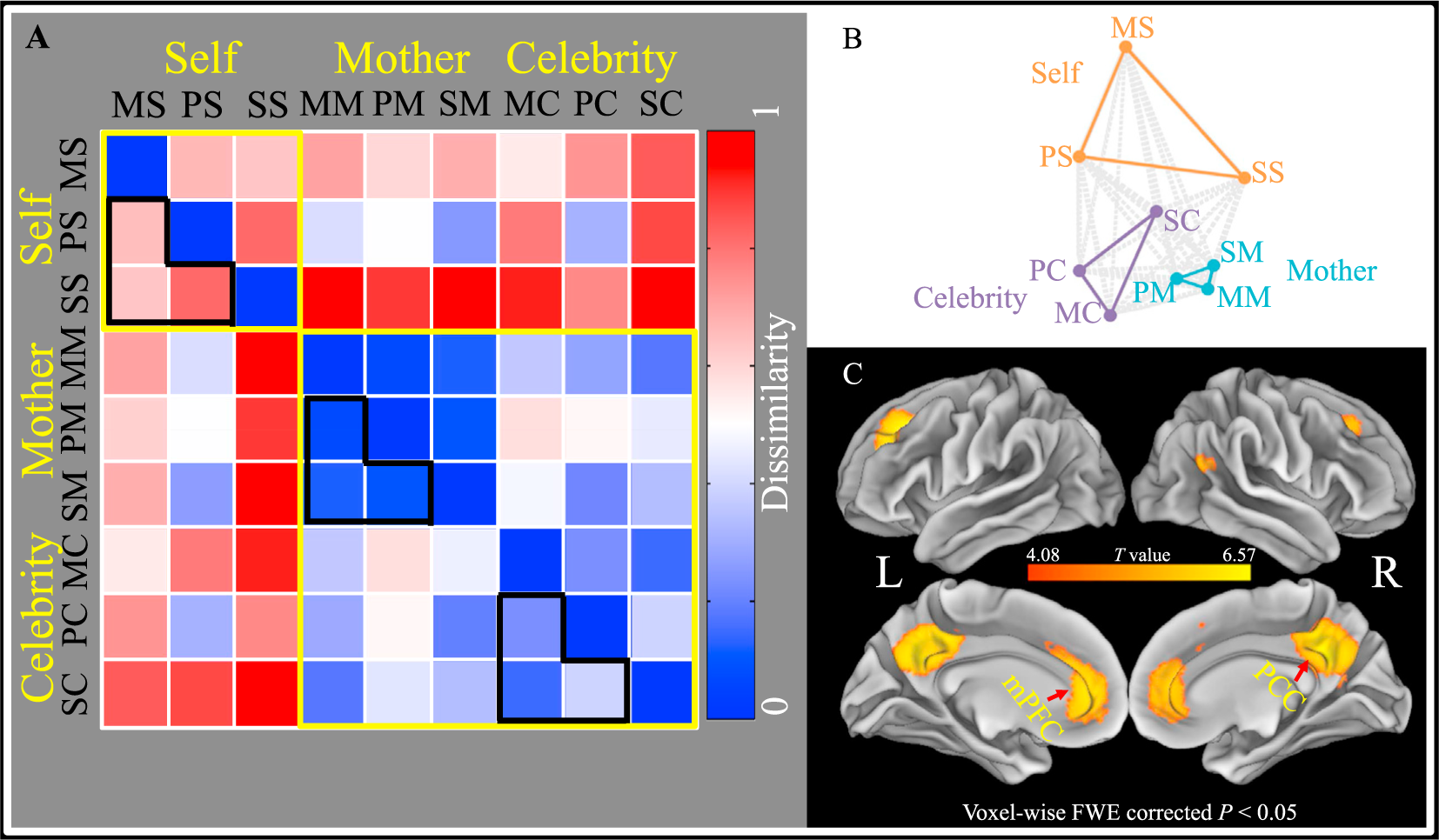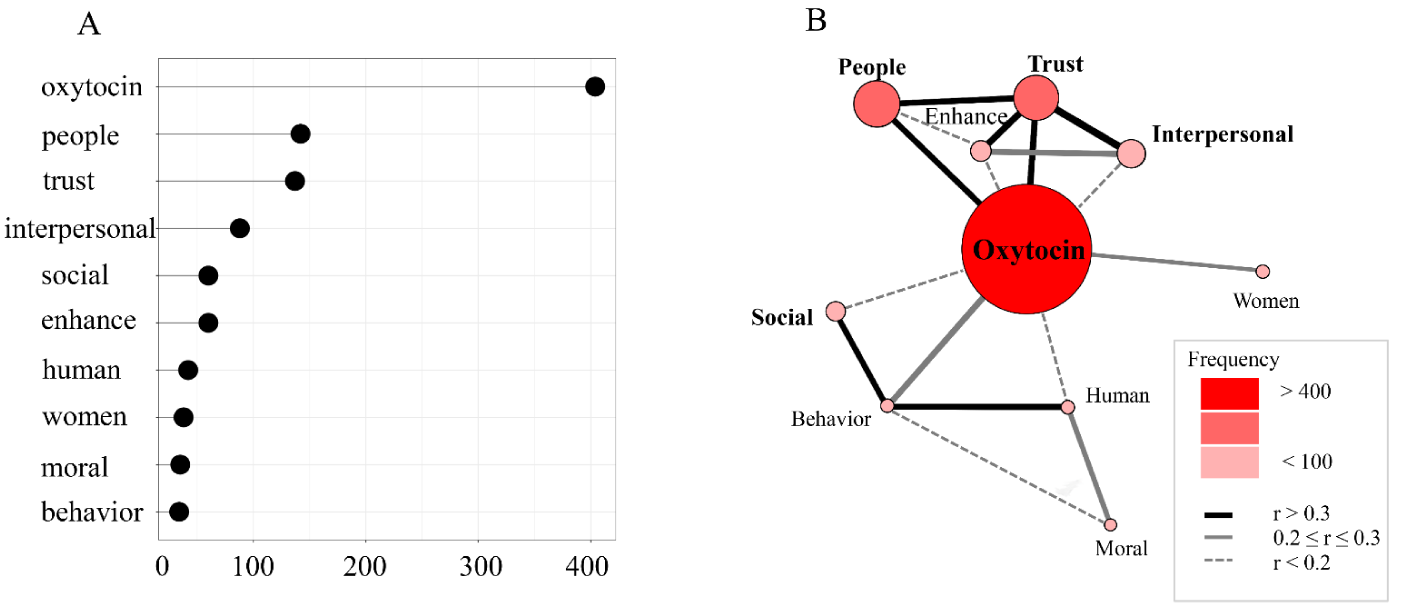

A normal person
Find science fascinating
A passerby on Earth
Past 10 years: learning how to do science, intensive training in social value learning and decision-making, with fMRI and behavioral modeling
Past 3 years: focusing on human uncertainty-value learning and decision-making, with intracranial EEG and behavioral modeling
Maybe my rest of life: neural representations of multi-modal concepts—why and how different languages (spoken, signed) reach the same concept space; how humans learn new concepts and maintain stable representations; how concepts link to our affective feelings
But the fruit of the Spirit is love, joy, peace, patience, kindness, goodness, faithfulness, gentleness, self-control; against such things there is no law (Galatians 5:22-23, ESV)

Biological Psychiatry: Cognitive Neuroscience and Neuroimaging, 2025
We identified distinct computational mechanisms underlying exploration deficits in anxiety versus apathy. Anxiety increases sensitivity to environmental uncertainty, driving excessive exploration; apathy reduces sensitivity to reward information, causing exploitation of known options. These opposing patterns emerge from separable cognitive computations.

NeuroImage, 2018, 183: 291-299
Using representational similarity analysis of fMRI data, we revealed that multivoxel neural patterns in the medial prefrontal cortex and posterior cingulate cortex distinguish self from others and discriminate different dimensions (personality traits, physical attributes, social roles) of self-knowledge. The PCC activity patterns were more strongly coupled with dimensions of self-knowledge than self-identity, suggesting distinct neural codes for identity-sensitive and dimension-sensitive self-representations.

PNAS, 2018, 115(22): 5732-5737
We demonstrated that placebo treatment—the mere belief in receiving a pro-social drug—increases social trust and approach behavior toward strangers. This effect operates through expectation-driven modulation of social decision-making, revealing how beliefs shape interpersonal behavior independent of pharmacological action.
Lessons Learned: Success without extreme pain and desperation is not stable and a fairy tale.